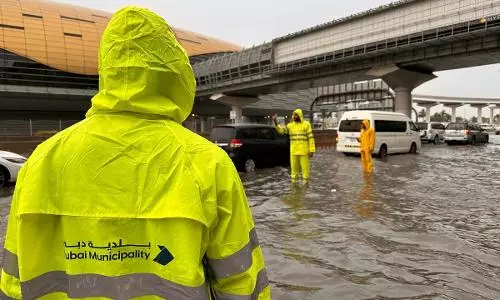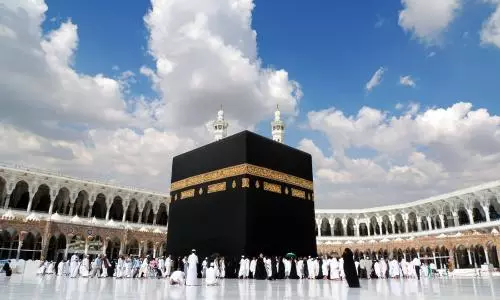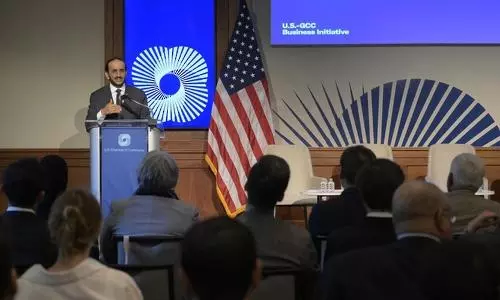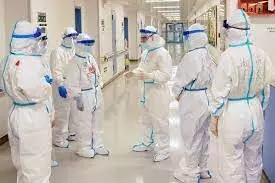
Likely last chance to know COVID origin: WHO forms probe team
text_fieldsImage for representation only
Geneva: The World Health Organisation (WHO) announced a team of scientists to resume the stalled inquiry on the origin of the Covid-19 virus, The Guardian reported. One of the senior officials of the organisation said that this could be the last chance to understand the same in a collegiate manner.
The group of 26 experts will be burdened to produce a new framework for studies on the origins of emerging pathogens of epidemic and pandemic potential, along with finding the root of Sars-CoV-2, the Covid virus. It must gather all the available scientific and technical findings from global studies on Covid-19 origins. Also, advise the WHO on developing, monitoring and supporting the next series of investigations into the virus's origins.
The 26 members WHO have proposed were chosen from more than 700 applications and selected from various scientific disciplines. It includes Christian Drosten, the head of Berlin's Institute of Virology; Yungui Yang of the Beijing Institute of Genomics; Jean-Claude Manuguerra of France's Institut Pasteur; and Inger Damon from the US Centers for Disease Control and Prevention. Some experts in the team like Vladimir Dedkov, Farag Elmoubasher, Thea Fischer, Marion Koopmans, Hung Nguyen and John Watson were on the joint WHO-China scientific mission investigating the origins of Covid-19.
The team is subject to two-week public consultation.
Earlier in 2021, WHO had announced setting up a Scientific Advisory Group for the Origins of Novel Pathogens (Sago). WHO's the technical lead on Covid-19, Maria Van Kerkhove, said that Sago would urgently assess what was now known, remained unknown and rapidly needed to be done regarding Covid-19. She anticipates that Sago would recommend further studies in China.
But on Wednesday, China's ambassador to the United Nations (UN) in Geneva, Chen Xu, told the UN correspondents' association that Sago's work should not be politicised. He added that China has already received international teams twice, and it's time to send teams to other places. China had rejected WHO's call for a renewed inquiry on Covid-19 origins in the country in August.
Apart from the Covid pandemic, the world saw the appearance or reappearance of high-risk pathogens in recent years, including the Middle East respiratory syndrome (Mers), bird flu viruses, Lassa, Marburg and Ebola. Director-General of WHO, Tedros Adhanom Ghebreyesus, said that these emergencies are a fact, and Sars-CoV-2 is the latest but not the last. Understanding the origins of new pathogens is essential to prevent future outbreaks, he added.
In January 2021, more than a year after the virus was first detected in Wuhan, China, a WHO team of international specialists had visited the city to make a first phase report, but it did not draw any firm conclusions but four hypotheses.
The most probable of them was that the virus entered humans from bats via an intermediate animal. Also, the team judged that virus leak from the Wuhan virology laboratories was extremely unlikely. The investigation faced stark criticism for lacking transparency, access and not evaluating lab-leak theory deeply.


















